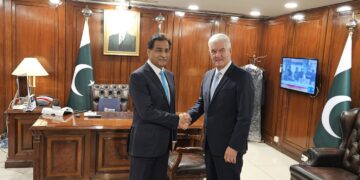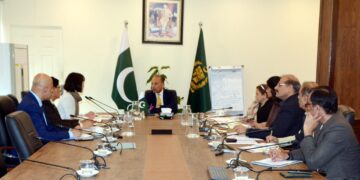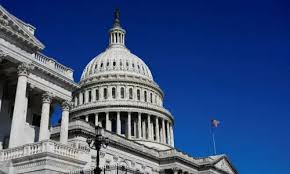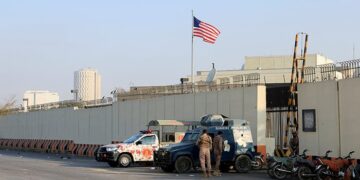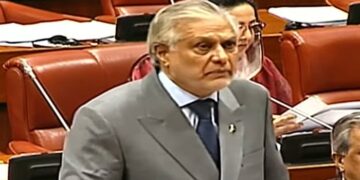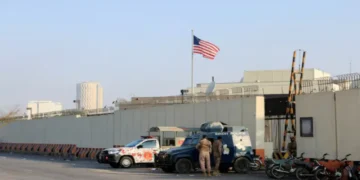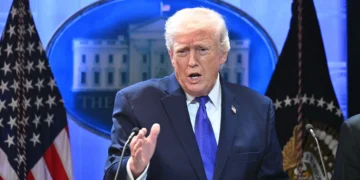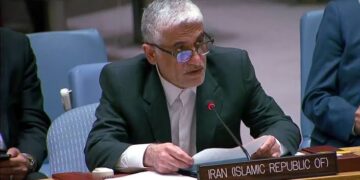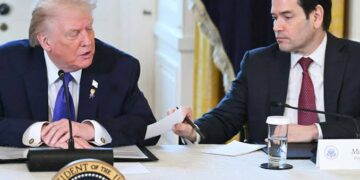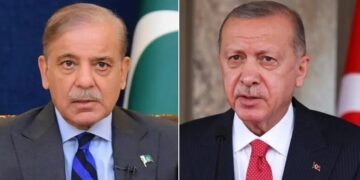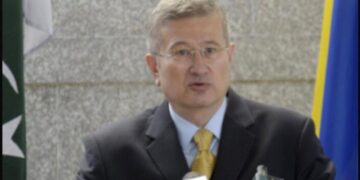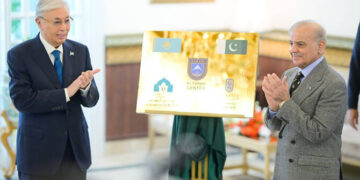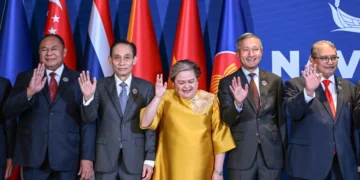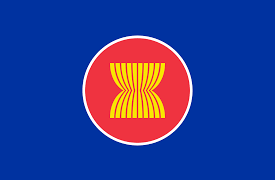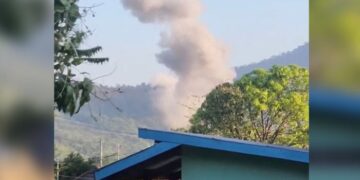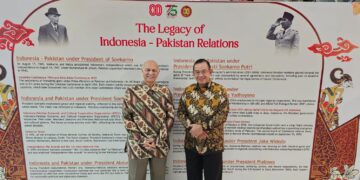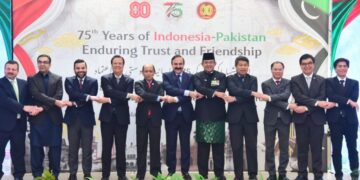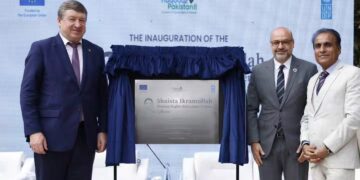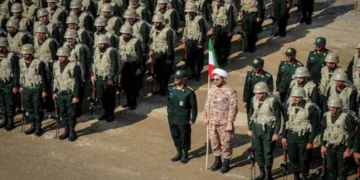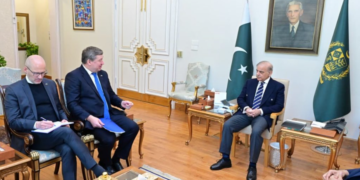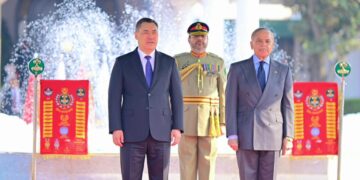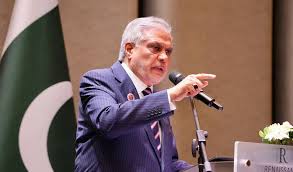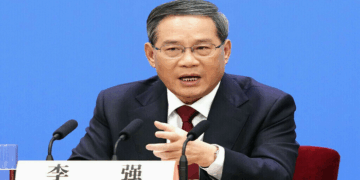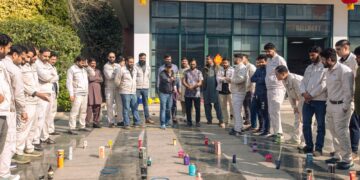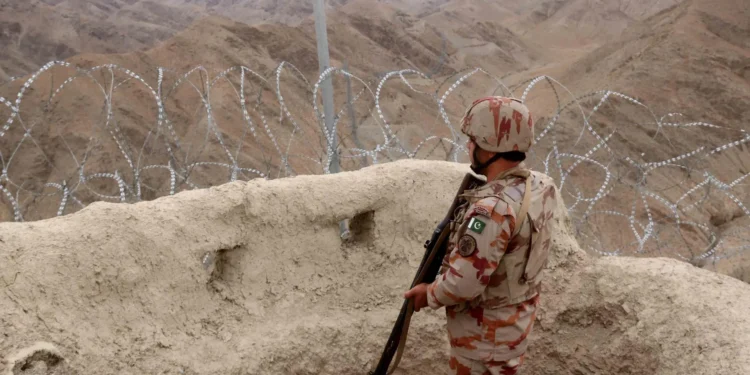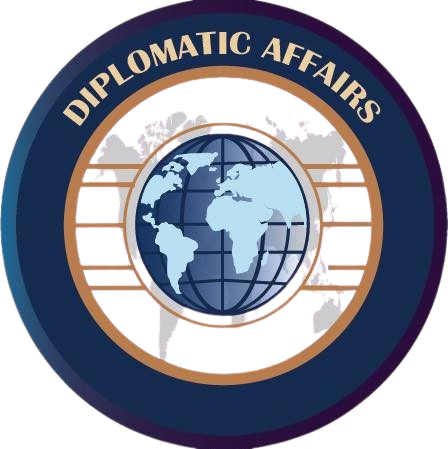Web Desk; Fighting broke out once again on Tuesday night between Pakistani forces and the Afghan Taliban in the Kurram district of Khyber Pakhtunkhwa, state media reported.
According to security sources cited by PTV News on X (formerly Twitter), “Afghan Taliban and Fitna al-Khawarij opened unprovoked fire in Kurram. Pakistani Army responded with full force and intensity.”
The term “Fitna al-Khawarij” is used by Pakistani authorities to refer to terrorists belonging to the banned Tehreek-i-Taliban Pakistan (TTP).
PTV reported that Taliban regime posts suffered heavy damage during the exchange, and a tank caught fire after being hit, forcing Taliban fighters to flee their positions.
In a follow-up update, the broadcaster said that “another post and tank position of the Afghan Taliban was destroyed in the Kurram sector,” adding that a fourth tank position at the Shamsadar post was also taken out.
Security sources indicated that an important commander of Fitna al-Khawarij was reportedly killed during this significant operation.
Earlier in the day, the Foreign Office (FO) stated that Foreign Secretary Ambassador Amna Baloch gave a comprehensive briefing to resident ambassadors in Islamabad regarding recent developments along the Pak-Afghan border.
She emphasized Pakistan’s legitimate security concerns and its unwavering resolve to safeguard its territorial integrity and national security.
Over the weekend, Afghan Taliban forces launched an unprovoked attack on Pakistani border posts. According to the Inter-Services Public Relations (ISPR), 23 Pakistani soldiers were martyred, while more than 200 Taliban fighters and affiliated terrorists were killed in Islamabad’s retaliatory strikes.
Afghan authorities claimed that their assault was a “retaliatory” response to alleged Pakistani airstrikes inside Afghanistan the previous week.
Islamabad has neither confirmed nor denied involvement in those airstrikes but has repeatedly urged Kabul to stop sheltering TTP militants on Afghan soil. Afghanistan, however, denies these allegations and insists that its territory is not being used for cross-border attacks.
Meanwhile, both the United States and China have offered to help de-escalate tensions between Islamabad and Kabul.
Speaking to Geo News, Defence Minister Khawaja Asif described the current atmosphere between the two countries as “hostile,” noting that there are no formal or informal diplomatic ties at present.
“It’s a stalemate right now,” he said. “You can say there are no active hostilities, but the environment is hostile. There are no ties, direct or indirect, as of today.” He added that hostilities could resume “at any time,” though there is currently a temporary lull.
When asked about the possibility of negotiations with Kabul, Asif said that if Afghanistan wants to negotiate while simultaneously issuing threats, “then they should act on their threats and we’ll negotiate afterwards.”
He stressed Pakistan’s right to respond decisively to any attacks: “If you are attacked, you instantly have the right to react and target wherever the attack is originating from.”




